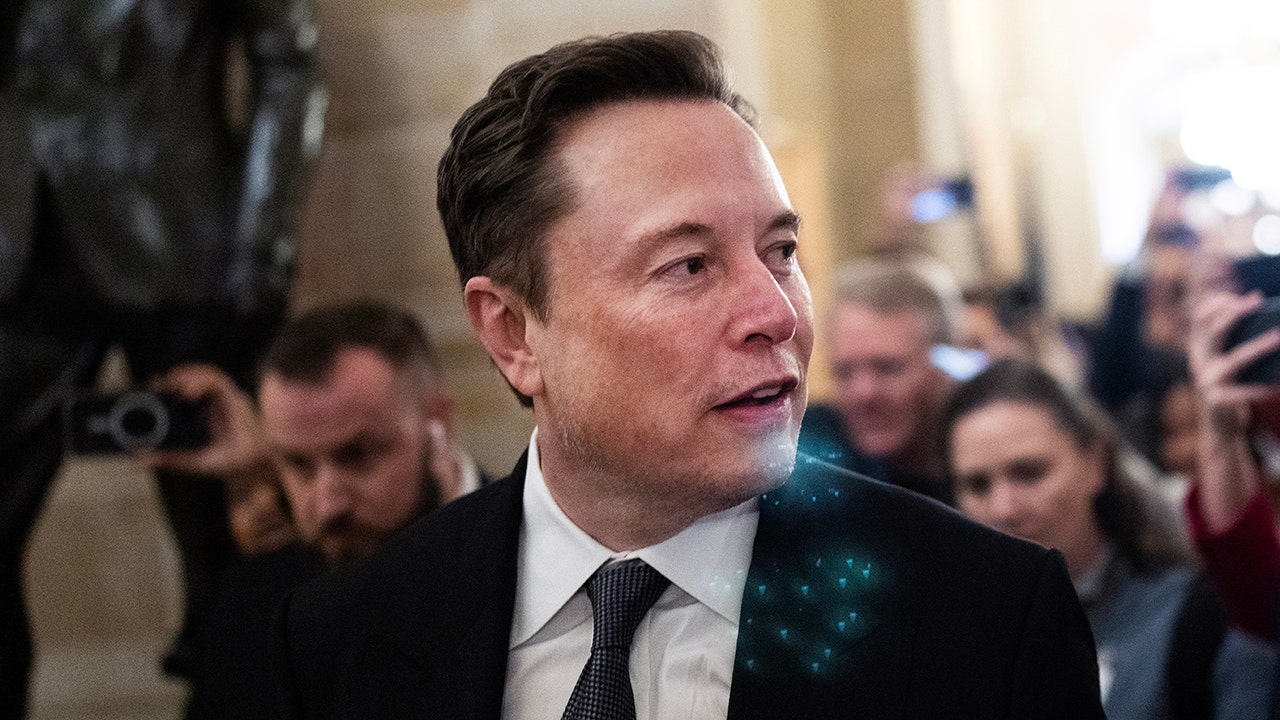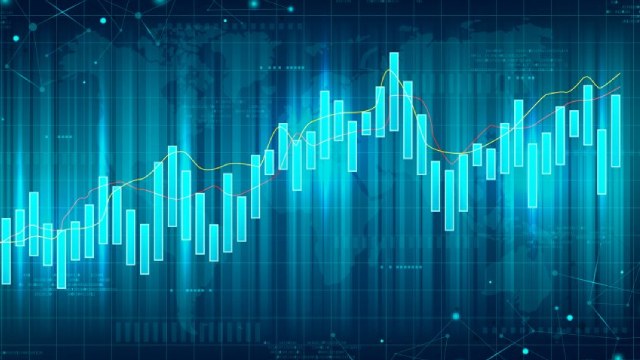Treasury Department’s Access Granted to DOGE Raises Concerns among Lawmakers and Public
A recent development at the Treasury Department has sparked controversy and raised concerns among lawmakers and the public. A tech executive from the Department of Government Efficiency (DOGE) was granted read-only access to the government’s payment system, leading to debates about potential security risks and the implications of Elon Musk’s involvement.
DOGE’s Access and the Government’s Payment System
The Treasury Department official assured members of Congress that the executive from DOGE would only have read-only access to the government’s payment system. This access is similar to that of auditors and follows practices to protect the systems’ integrity. The official emphasized the commitment to safeguarding the system’s security and preventing any compromise or disruption to the U.S. economy.
The Treasury’s payments are managed by its Bureau of the Fiscal Service, which disburses nearly 90% of all federal payments and conducts over 1.2 billion transactions per year. The purpose of the review is to maximize payment integrity for agencies and the public.
Controversy and Criticism
Despite the official’s assurances, some lawmakers remain skeptical about the potential risks of granting DOGE access to the payment system. Sen. Patty Murray, D-Wash., expressed her concerns, stating that Musk’s claims of having the power to shut down payments to certain organizations are alarming.
A group of labor unions and advocates have filed a lawsuit attempting to block the Treasury from handing over access to the payment systems to DOGE, arguing that individuals’ privacy is at stake. The lawsuit states that people should not be forced to share information with Elon Musk or his ‘DOGE.’
Effects on Individuals and the World
For individuals, the implications of this development could mean increased privacy concerns, as sensitive financial information may now be accessible to a private company and its CEO, Elon Musk.
- Potential for data breaches and unauthorized access to personal financial information
- Concerns about the potential misuse of this information, especially by a high-profile figure like Elon Musk
On a global scale, the consequences could be more far-reaching:
- Impact on trust in government institutions and their ability to protect sensitive data
- Potential for increased tensions between government and private entities
Conclusion
The granting of read-only access to the Treasury’s payment system to DOGE, led by Elon Musk, has sparked controversy and raised concerns among lawmakers and the public. While the official’s assurances aim to alleviate these concerns, the potential risks of privacy breaches and the implications for trust in government institutions remain a cause for debate. As the situation unfolds, it is essential to stay informed and engaged in discussions about the role of private entities in government operations and the protection of sensitive information.
The Treasury Department’s commitment to promoting efficiency and effectiveness in its operations and preventing waste, fraud, and abuse is crucial. However, as this situation illustrates, it is equally important to ensure the security and integrity of the government’s financial systems and the privacy of individuals’ financial information.





